Books
The Purpose of Imaginative Fiction
“What’s it about?” is usually the first question we ask when someone recommends a new book, and it’s the wrong question.

When I learned that the 2020 International Booker Prize was going ahead in spite of London’s lockdown, I rejoiced at the organisers’ resourcefulness and resilience. But then I began reading the posts about this year’s prize on the Booker website and my enthusiasm dwindled. Surveying press responses to publication of the shortlist, the organisers spotlighted the Guardian‘s observation that nominee Marieke Lucas Rijneveld is only 28 years old, “identifies as male and uses the pronouns they/them.” The New York Times, we are told, had noted that four of the six shortlisted nominees are women, and the Sydney Morning Herald had informed its readers that one of these women is a refugee who fled to Australia from Iran. A separate post made mention of “such enormous themes as intellectual freedom, sexual identity, political unrest, and loss.” I find it unfortunate that the literary industry, eager to advertise its diversity credentials, panders to the media’s obsession with secondary considerations such as choice of subject matter and author identity, rather than focusing on essential considerations such as talent and literary merit.
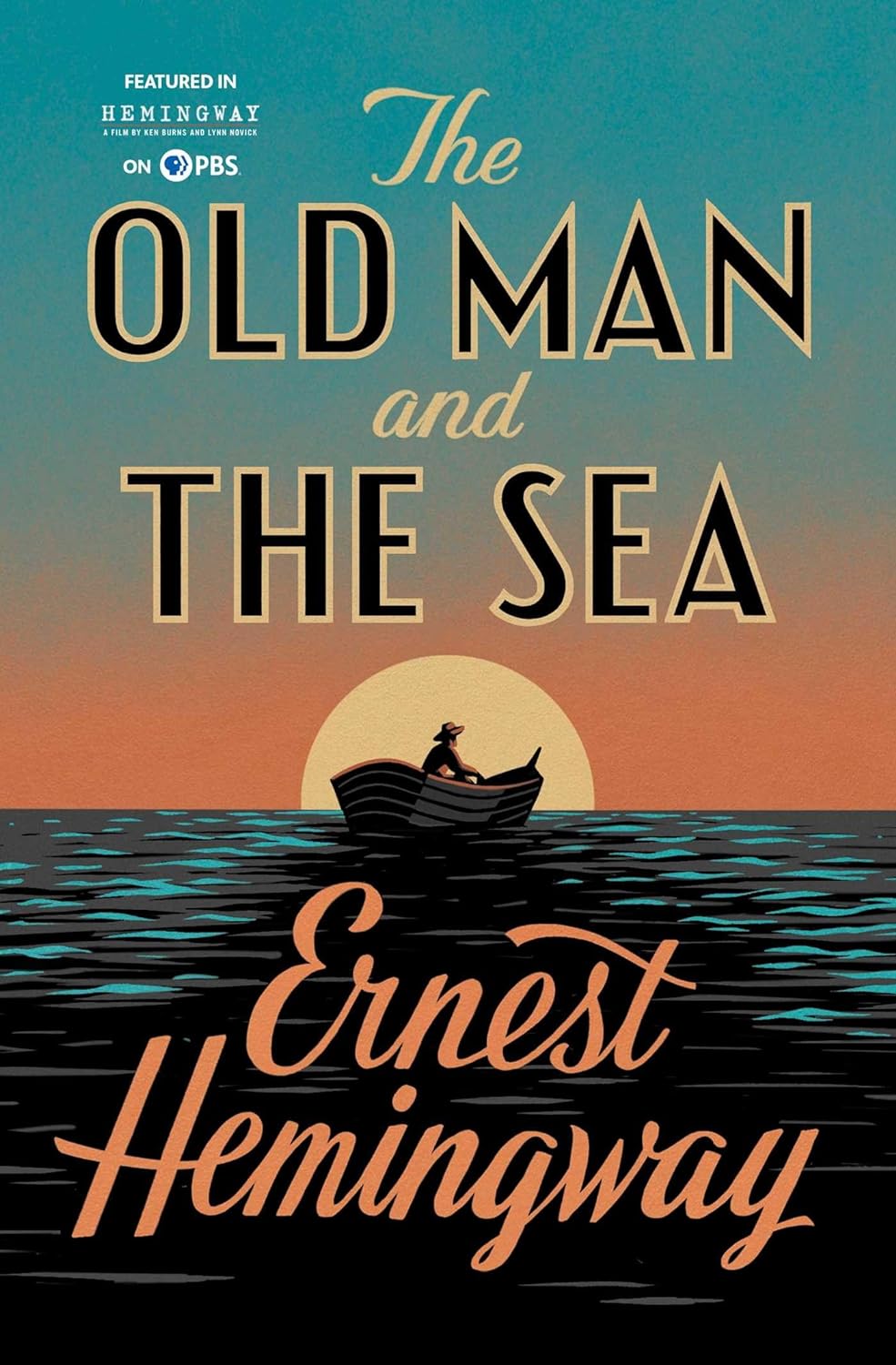
“What’s it about?” is usually the first question we ask when someone recommends a new book, and it’s the wrong question. What is The Old Man and the Sea about? It’s about a man who goes fishing. If you want a somewhat lengthier synopsis, it’s about a man who goes fishing, catches a large fish, then loses it to sharks on the way home. That’s all. Still, it won Hemingway the Nobel Prize for Literature and it remains one of the finest novels of the 20th century. If you set out to read it in order to acquire information or to inform yourself about the social issues of the day, you are wasting the opportunity the story presents. As Joseph Heller once snapped in response to an interviewer’s irksome questions about the subject matter of his work: “Fiction is not about the what, it’s about the how.”
When I started writing short stories a few years ago, a well-meaning friend suggested that they ought to be informed by the facts of my biography—what we often hear referred to as “lived experiences”—for added “authenticity.” Presumably, authenticity means accuracy in detail. That is important—but only to a degree. Hemingway was an accomplished fisherman, and The Old Man and the Sea contains precise instructions on how to rig a harpoon, re-bait a line, and straighten a skiff in rough waters. But if learning this stuff is the reason you bought this seminal text, then return it to the bookshop and buy a fishing manual instead.
The International Booker Prize press pack also reminded me of an exchange I stumbled across on Twitter in January 2019:
In that casual tweet, Mr. DeLano put his finger on the essence of imaginative fiction, in which subject matter is of little importance and the identity of the writer is of no importance at all.
The identity of a writer, their personality and experience, do play a role, but in an altogether different genre—non-fiction. If a writer is knowledgeable, intellectually curious, has strong views and can express them clearly, chances are they would make a good columnist, or essayist, or analyst of current affairs. Add rich personal experiences and a gift for turning a phrase and this writer might be Derek Thompson. But no amount of knowledge, experience, good ideas, or linguistic proficiency will make someone an artist. A writer can work with excellent material, spend months researching a subject, study characters, develop interesting insights and style but without a mind of creative order—in plain words, without talent—the result will not be literature.
And even if a writer does have the talent, writing from personal experience is not a good idea. It makes for second-rate fiction. There are exceptions, of course, such as Tolstoy—but then a genius of Tolstoy’s calibre could afford to transgress all sorts of norms. The rest of us can’t. “The personal life of the artist is at most a help or a hindrance, but is never essential to his creative task,” wrote TS Eliot in one of the foundational works of New Criticism. Now, I am not a fan of New Criticism—most of its postulates are little more than brilliantly articulated mistakes. But this one is spot on. For example, what can we tell about Shakespeare’s personality from reading Hamlet? In whose voice does Shakespeare speak? It’s surely not Hamlet’s. My money is on Polonius. But then again it may be Claudius. And what does Elsinore reveal about the writer? Or Verona? Or Athens? Shakespeare never left England and, by all accounts, led a fairly parochial sort of life. But he still wrote a magnificent work of imagination entitled Hamlet.
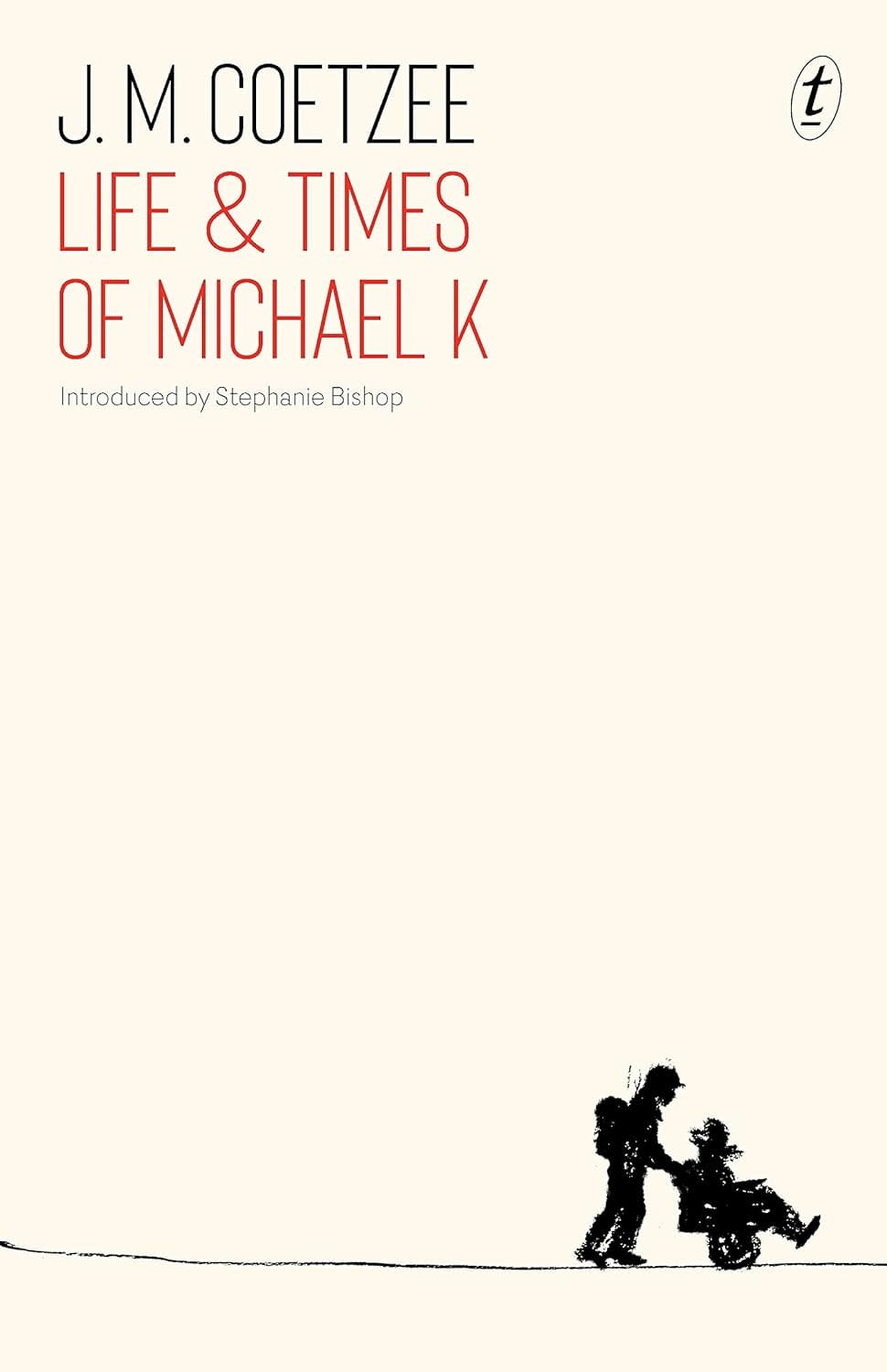
A writer’s identity is deemed important because experience, it is said, determines “narratives.” This claim, routinely used to justify preferential treatment for writers with minority credentials, might be significant if it were true. But it isn’t. Oliver Twist was not written by a Victorian orphan, nor Coriolanus by a Roman warrior, nor Michael K by a persecuted refugee with the mind of a child. Many of the most memorable female “narratives” were created by men. Natasha Rostova. Nastasya Filippovna. Emma Bovary. As for the most memorable male narratives… well, to be fair, these were also created by men. But there have also been exceptional male characters created by women, such as Mehring in Nadine Gordimer’s The Conservationist and the men in the novels of Jane Austen.
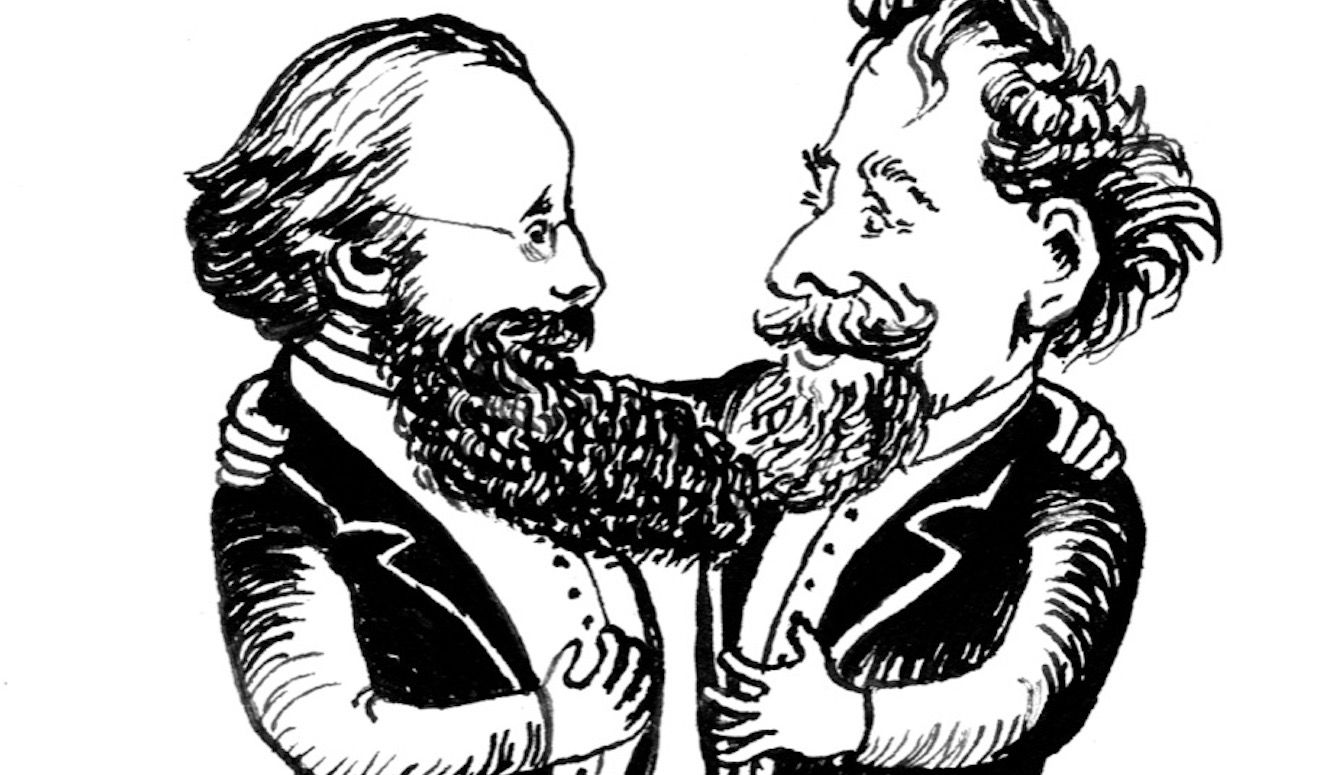
Of the writer, TS Eliot also said this: “It is not in his personal emotions, the emotions provoked by particular events in his life, that the poet is in any way remarkable or interesting. His particular emotions may be simple, or crude, or flat. But the emotion in his poetry will be a very complex thing.” I refer you to Aleksandr Pushkin, the greatest Russian writer of all time. Pushkin wrote better than Tolstoy. He wrote better than Shakespeare, too. But because his main form was poetry, and due to the absence of adequate translation, he is not as well known in the West. In 1825, Pushkin wrote a short poem in six quatrains. It had no name, just a dedication: “To K***”. It is the finest love poem in the Russian language. “K” is Anna Kern, a Russian aristocrat and Pushkin’s one-time neighbour. In the poem, Pushkin refers to Kern as “the essence of pure beauty” (which sounds much, much better in Russian). At about the same time, Pushkin wrote in a letter to a friend: “Yesterday, with God’s help, I fucked Anna Kern” (which sounds much, much ruder in Russian). So why write such a magisterial poem for a woman about whom he so crudely bragged? Why not write it for his wife, a celebrated beauty of her time, whom he revered?
Because this is not how it works. As Eliot explained: “The poet has a particular medium… in which impressions and experiences combine in peculiar and unexpected ways. Impressions and experiences which are important for the man may take no place in the poetry, and those which become important in the poetry may play quite a negligible part in the man.” Exactly how this “medium” operates we do not know. But creative process is not altogether mysterious—Carl Jung’s essays on aesthetics argued that there is science to it. “Whenever the creative force predominates, life is ruled and shaped by the unconscious rather than by the conscious will,” he wrote. “The primordial experience is the source of the artist’s creativeness. It is nothing but a tremendous intuition striving for expression.”
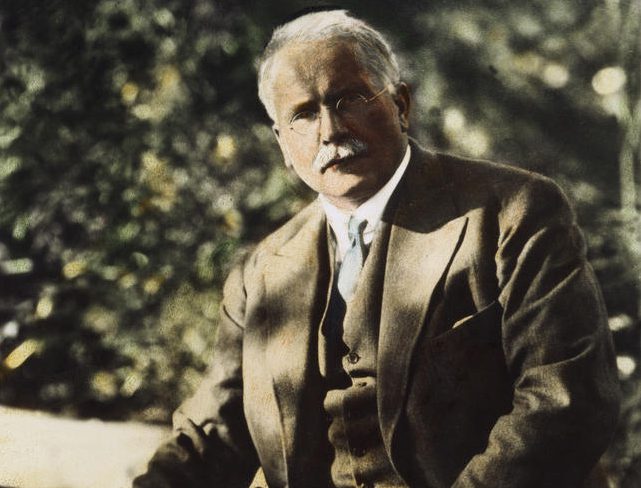
Those of us who have tried our hand at both fiction and non-fiction know exactly what Jung was getting at. When I write a column, I collect facts, I analyse them logically, and I draw conclusions. The process is not always easy, but nor is it especially hard—it moves rapidly and, at all times, I am conscious of what I am doing and what I am trying to achieve. When I write fiction, most of the time, I just stare at the screen in frustration. If nothing happens, I eventually get bored and I give up. But every once in a while—very rarely—there comes a moment when the text starts to control me, when I have no idea where I am going, and what will happen next, but words, sentences, phrases sweep onto the page, and I approach my own story with curiosity, as if I were reading someone else’s thriller. Of course, imaginative fiction is not all spirit and intuition. It requires conscious effort, skill, and craftsmanship. If you study Pushkin’s drafts, you will see his remarkable stylistic skill in gradually transforming a poem as it passes from fine to sublime to divine. But skill and craftsmanship are not enough.
To Vox’s tweet, I replied: “Show me a woman or non-binary person who writes better than Coetzee, and I will spend weeks and months devouring their prose. Otherwise, it’s Coetzee.” And what this woman or non-binary person writes about won’t matter. They may write about the important social issues of the day. Or they may write political thrillers. Historic novels. Poems. Fantasies. Comic plays. Actually, if they really are writers, they may write about the death of a canary and, in Nadine Gordimer’s words, “make it stand for the whole mystery of death.”
And this is what literature is about. Harold Bloom said that literature helps us come to terms with our own mortality. According to Heidegger, literature (or, more broadly, art) immerses us into being, while changing the essence of being at the same time. Literature’s practical application is hardly of importance, so, if your goal is to learn new fishing techniques, put down The Old Man and the Sea at once. But if you continue reading, you will eventually come upon these lines: “A man cannot be defeated. Destroyed, but not defeated.” And something about the world will reveal itself to you.
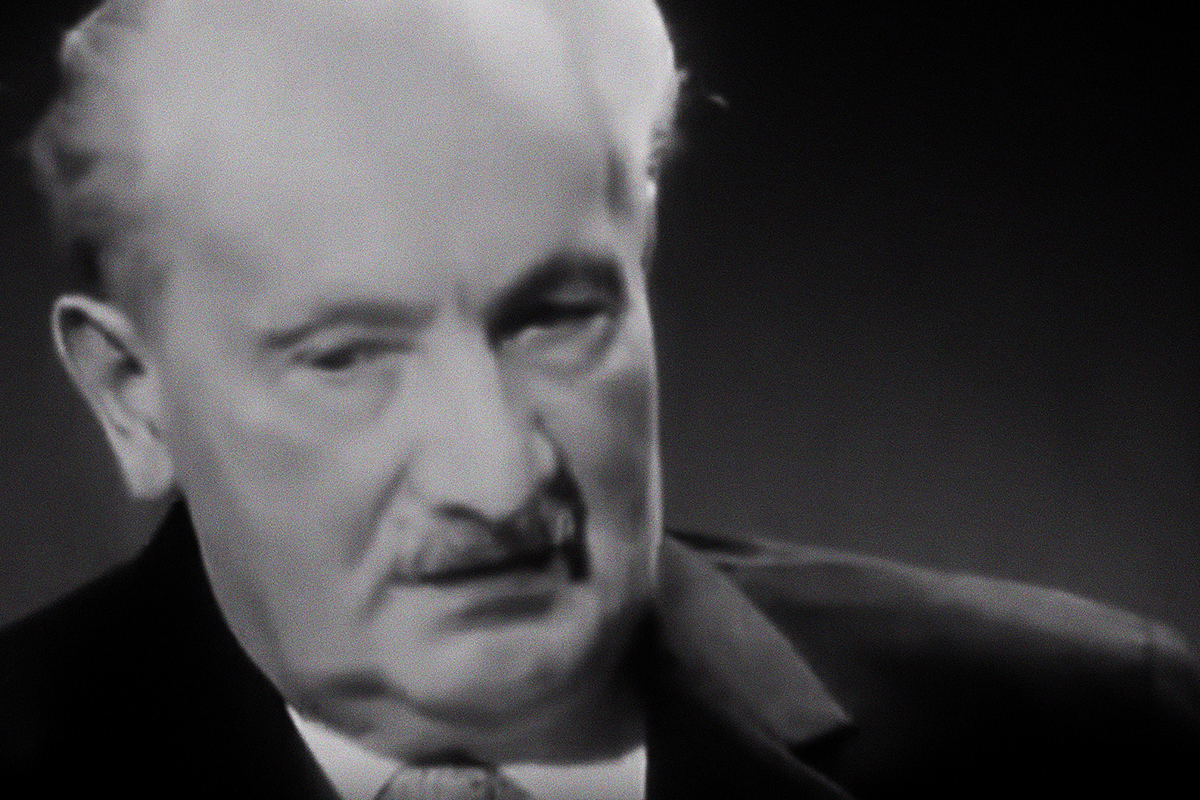
A writer capable of prose with this kind of elemental force should be rewarded and rewarded generously. A writer who isn’t, should not. Artistic vocation is a privilege, not a right, and handing prestigious awards to mediocre fiction is of benefit to no-one, irrespective of the author’s identity or the social importance of the themes they write about. It is therefore my firm belief that the Booker Prize (and all other major literary prizes) should be judged blindly. I am aware that this will create practical problems (and that it will ruffle some feathers). But overcoming such problems is surely within the capabilities of the clever people responsible for judging the Booker Prize. Admittedly, this won’t prevent authors being nominated for tackling fashionable subject matter. But if the panels wish to avoid accusations of bias, it would at least help to re-establish literary merit as the pre-eminent criterion of worth rather than privileging authors for their sex or race. And assessing merit is the reason such awards panels exist, after all. Isn’t it?






